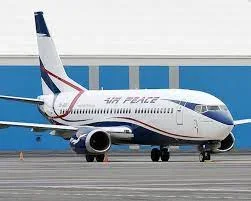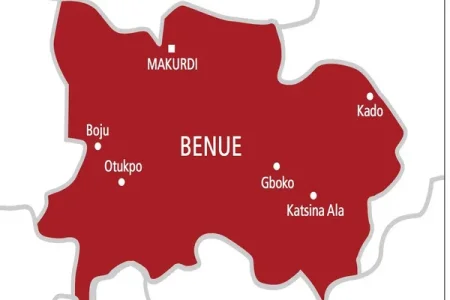
Nigerian domestic airlines are scrambling to meet the January 2025 deadline set by the Nigerian Civil Aviation Authority (NCAA) to increase their minimum number of aircraft to six. This mandate, introduced in the recently amended Nigerian Civil Aviation Regulations, is causing controversy in the industry. Despite opposition, the NCAA is determined to enforce the requirement, stating that it will help airlines achieve stronger financial stability and provide better services to passengers.
As of now, Nigeria has 12 scheduled airlines, but most of them have fewer than six active Nigerian-registered aircraft.
Airlines like Air Peace, Dana Air, and Overland are actively strategizing to expand their fleets in order to meet the 2025 deadline. Air Peace, for example, has over 30 aircraft and has ordered more, while Ibom Air, Green Africa, Rano Air, and ValueJet are also planning to expand their fleets.
Experts and stakeholders are suggesting that airlines consider mergers to remain competitive and meet the new regulations.
The Director-General of the NCAA, Capt. Musa Nuhu, explained that the aim of the regulations is to improve airlines' efficiency and service delivery while ensuring their financial viability.
Some experts support the NCAA's move, emphasizing the need for consolidation in the Nigerian airline industry. However, others argue that a lack of corporate governance and egoistic tendencies among operators could hinder successful mergers.
The aviation industry in Nigeria is facing a transformative period as airlines work to adapt to the new regulatory requirements and potentially explore mergers as a means of survival and growth.




